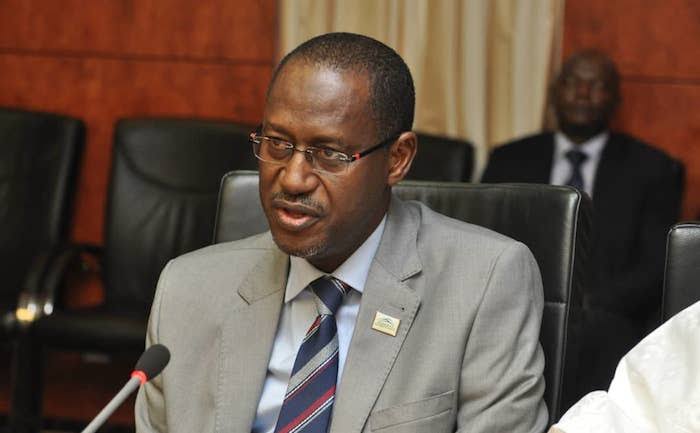After reviewing previous efforts to cut deficits, the Federal Ministry of Housing and Urban Development has revealed plans to introduce a new initiative, known as cross subsidies in housing projects, which will ensure inclusivity and affordability of homes in the country.
Under the scheme, projects are designed with a mix of units catering to varying income levels, while market-rate units are priced higher, often reflecting the actual cost of construction and profit margins for developers.
Within the same project, a certain percentage of units are allocated as affordable housing. These units are sold or rented at prices significantly lower than the market rate. Revenues generated from the market-rate units’ subsidise the construction and maintenance costs of affordable units. This subsidisation allows lower-income families to access housing at a reduced cost.
This was part of the recommendation of the ministry’s Affordable Housing Building Design Committee, established the Minister of Housing and Urban Development, Ahmed Dangiwa, during his first week in office to review designs of ministry’s projects and ensure that houses promoted by the ministry fall within price-ranges that low- and medium-income earners can afford.
The revised designs featured several cost-saving changes, from organic one-bedroom bungalows to lower cost of purchase, which allow beneficiaries the latitude to expand to two and three-bedrooms as income increases. It includes optimised space management, smart roofing techniques and basic internal finishing among several others.
The new strategy promises to redefine housing accessibility by integrating a mix of low, medium, and high-end housing projects, ensuring inclusivity for Nigerians of all income brackets.
The minister while reviewing the committee’s affordable housing options, last week, commended the design team for their creativity.
He also emphasised the necessity of embracing innovative concepts like cross subsidies to counter the challenges posed by inflation, the soaring costs of building materials, which have led to an increase in planned house prices.
“I am impressed with the work that the Affordable Housing Design Team has accomplished, thus far, in reducing the cost of houses that we plan to promote so that all Nigerians can benefit. While there is progress, the escalating cost of building materials has almost taken off all the savings from the revised designs.
“For us to achieve our goals, we have to think out of the box and embrace creative solutions. This is why we plan to work out a comprehensive framework for introducing cross subsidies in projects delivered through Public Private Partnerships and agencies under the ministry,” Dangiwa said.
He said that cross subsidies are important policy tools used by governments and urban planners to address housing affordability issues and promote inclusive urban development, adding that the approach involves redistributing the costs and benefits of housing development across different income groups.
“The reality of the affordable housing debate is that many civil servants and other Nigerians working in the public sector cannot even afford a decent mortgage with their salaries. Our mechanism will be to promote market-based prices for high end developments to those who can afford it, thereby subsidising housing costs for lower-income households.
“We are not driven by profit but the desire to ensure that all Nigerians have access to decent and affordable housing. Through cross-subsidy, we aspire to create a blueprint for a harmonious society, ensuring that the benefits of growth are shared by all. We are transforming the dream of affordable housing into a tangible reality for our citizens,” Dangiwa said.

